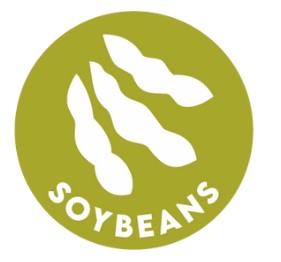According to USDA Regulation 7 CFR Part 15b, recipients who provide food services shall serve special meals, at no extra charge, to persons whose handicap restricts their diet. Recipients may require disabled persons to provide medical certification that special meals are needed because of their handicap.
Each special dietary request must be supported by a statement explaining the requested food substitution and must be signed by a recognized medical authority. The Medical Statement must include:
An identification of the medical or other exceptional dietary condition that restricts the child’s diet;
The food or foods to be omitted from the child’s diet and
The food or choice of foods to be substituted.
Your child will receive a regular lunch tray if we do not receive a medical statement from a recognized medical authority. Medical statements completed by parents or guardians will not be accepted.
Generally, children with food allergies or intolerances do not have a disability as defined under either Section 504 of the Rehabilitation Act or Part B of IDEA, and the school food service may make food substitutions for them but is not required to. However, when in the licensed physician’s assessment, food allergies may result in severe, life-threatening (anaphylactic) reactions, the child’s condition would meet the definition of “disability,” and the substitutions prescribed by the licensed physician must be made.
School food service may make food substitutions, at their discretion, for individual children who do not have a disability but who are medically certified as having a particular medical or dietary need. Such determinations are only made on a case-by-case basis. This provision covers children with food intolerances or allergies who do not have life-threatening reactions (anaphylactic reactions) when exposed to the food(s) they have problems with.




